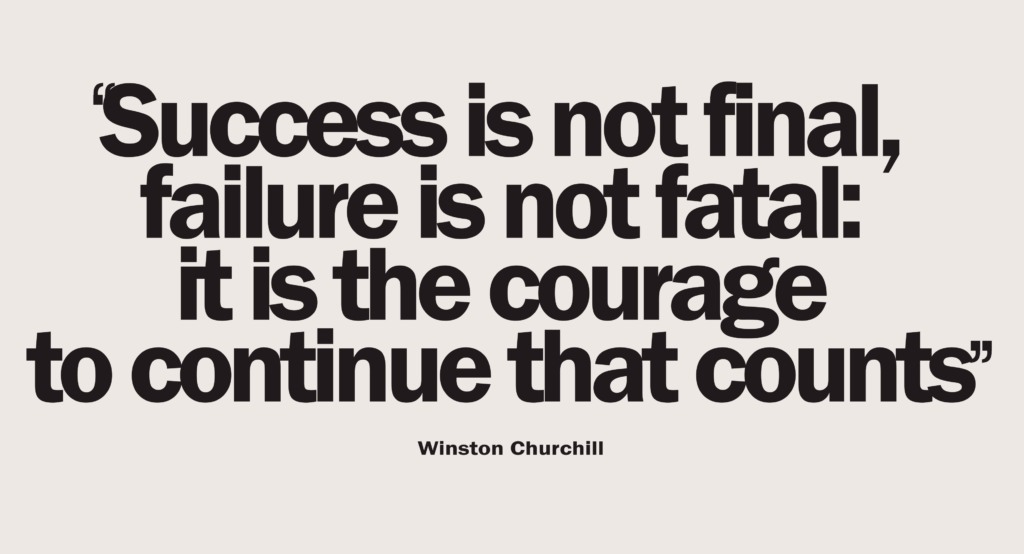Ever feel like your own worst enemy? We certainly can be when it comes to working a successful weight loss program, whether related to having had gastric bypass or gastric sleeve weight loss surgery, or for anyone simply trying to lose a few pounds or maintain their weight. Weight loss is a complicated matter with so many factors playing into our potential success. Consider the following ways we work against ourselves and our goals at times . . .
We tend to overestimate how many calories we burn. We also underestimate the number of calories we take in!
We don’t get enough sleep – this turns on the stress hormone, cortisol, which causes your body to produce more insulin and make you hungry and start craving.
 We have too much stress in our lives, or don’t deal with it in a healthy way – eating is a common way to deal with stress. We all need to find ways to deal with that stress in other ways such as going for a walk, meditation, playing music, calling and talking to a friend, etc.
We have too much stress in our lives, or don’t deal with it in a healthy way – eating is a common way to deal with stress. We all need to find ways to deal with that stress in other ways such as going for a walk, meditation, playing music, calling and talking to a friend, etc.
When we are in a hurry, we skip meals and eat inconsistently – when your body doesn’t know when to expect its next meal, it goes into a fat-storing mode and lowers your metabolism to hang on to fat.
We drink too many calories – alcohol has a lot of calories in it, so having even a small glass a wine every day can cause you to take in more calories than you realize. Sweetened drinks are not your friend!
We are lax about diet and exercise – will walk 3 miles and burn off 300 calories, and then celebrate by eating a 300 calories muffin. You need a 500 calorie a day deficit 7 days a week to lose 1 pounds of fat. (1 lb. of fat contains 3500 to 4000 calories.)
 Slipping on weekends – we tend to take in more alcohol, more carbs, more food on the weekends if we get together with others socially or go out to dinner more.
Slipping on weekends – we tend to take in more alcohol, more carbs, more food on the weekends if we get together with others socially or go out to dinner more.
We all want to see instant results, but weight loss is not a sprint. Slow and steady wins the race.
We sometimes have a medical condition that prevents weight loss. There are medications that can promote weight gain, such as antidepressants. It is important to have those medications re-evaluated periodically.
As the stomach heals, we can eat more in a shorter period of time. Portion control becomes very important. Many also begin to drink with meals. Drinking with meals defeats the surgery.
We are impatient – we want to see that weight loss continue daily. When weight loss stalls, it is often just your body needing to adjust to the weight loss. Keep to the guidelines and it will start in again
As weight is lost, your body adapts to the new, lower weight as it begins operating much more efficiently. It requires more effort to lose the weight. This is when we have to work a little harder to stay on track!
Knowledge is power, so let’s take advantage of this information and strengthen ourselves further for weight loss success . . .









